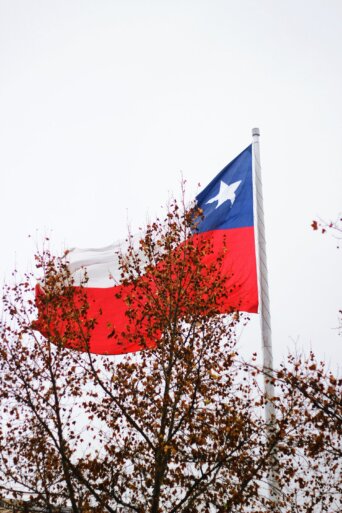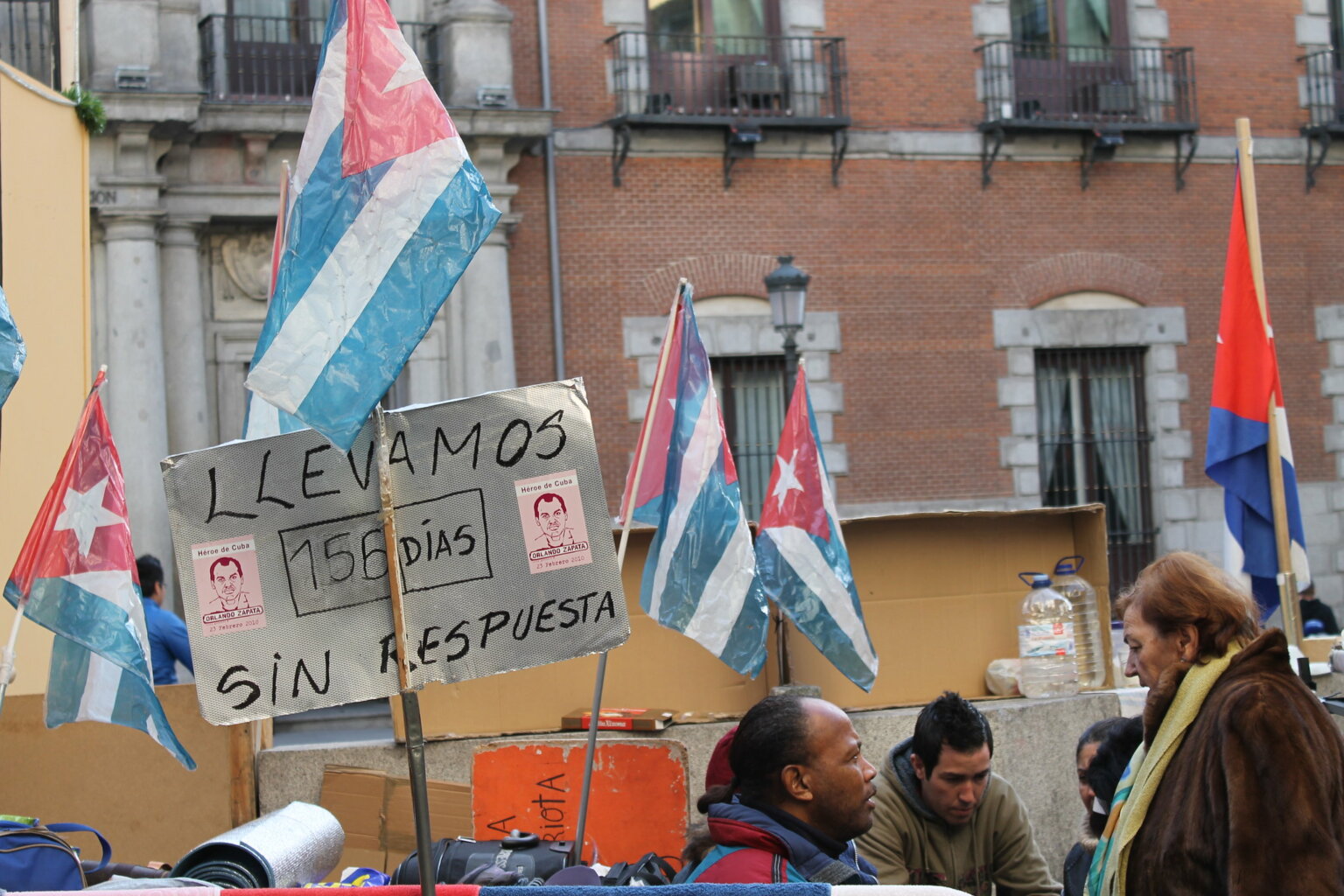- About
- Topics
- Picks
- Audio
- Story
- In-Depth
- Opinion
- News
- Donate
- Signup for our newsletterOur Editors' Best Picks.Send
Read, Debate: Engage.
| topic: | Election |
|---|---|
| located: | Chile |
| editor: | Ellen Nemitz |
Since the eruption of the social revolution in Chile two years ago, the country's politics have flipped upside down: a new constitution is under works, President Sebastian Piñera could face an impeachment process due to the Pandora Papers' revelations and the upcoming elections in November raise the fear of inducting a far-right candidate to the presidency.
The protests in October 2019 - motivated by the increase in metro fares - exposed widespread social dissatisfaction: the reasons varied from the faulty retirement system to the lack of proper healthcare, education and even water services, to name a few. Moreover, the constitution in place was a remnant from Augusto Pinochet's dictatorship and did not contribute to social equality.
Despite violent police repression and several human right's violations, the massive protests set a mark beyond the streets. Chileans held a plebiscite and chose to create a new constitution; the document is now being written by a diverse group of leaders led by an indigenous Mapuche woman.
Meanwhile, a corruption scandal has just shaken Chile. Following the Pandora Papers leak, the current Chilean president saw himself trapped in accusations of illegal financial activities, due to which he could face an impeachment trial. Piñera is accused of selling a family's mining company through shell companies registered in the British Virgin Islands, reports The Guardian. Despite Piñera’s claims of innocence, the final payment was supposedly hitched to a clause by which "the government declined to declare its location in north-central Chile a nature preserve." Analysts say, though, that the process is not likely to actually result in his removal from the chair before the end of his term, in March 2022, because there are not enough opposition senators to support it.
Since Piñera, who has been president from 2010 and 2014, cannot run for a consecutive mandate, two candidates are currently fighting head-to-head for the upcoming elections, the first round of which will be held on 21 November.
On one side, the leftist Gabriel Boric brings the youth to the polls and claims to be the one who will carry out the changes demanded after the 2019 protests. The 35 year-old politician, who has been involved in movements for free education since his student days, has the challenge of overcoming an embarrassing situation after leftist parties declared support for Daniel Ortega in Nicaragua - the election in the Central American country is not recognised by the international community due to the dismantling of democratic conditions prior to the vote in November.
In this context, Chile has been witnessing the rapid ascension of the far-right candidate José Antonio Kast, who has been compared to the Brazilian president Jair Bolsonaro. According to Bloomberg, his agenda includes tax cuts and the end of what he calls populist policies, such as the early release of retirement pensions during the pandemic. Regarding social issues, he has declared to oppose same-sex marriage and abortion under all circumstances, and has planned to stanch the flow of migration.
"Can we have a government worse than Piñera's?" asked Alexis Omar Cortés Morales, a Chilean sociologist and professor at Alberto Hurtado University. "Yes, one led by a Pinochetista," he says. Morales adds that the possibility of Kast making it to the second round "should embarrass us, after all we've been through." Using a hashtag that means "the danger is Kast" he finalised: "Chile did not wake up to relive a nightmare."
Photo by Nathana Rebouças

